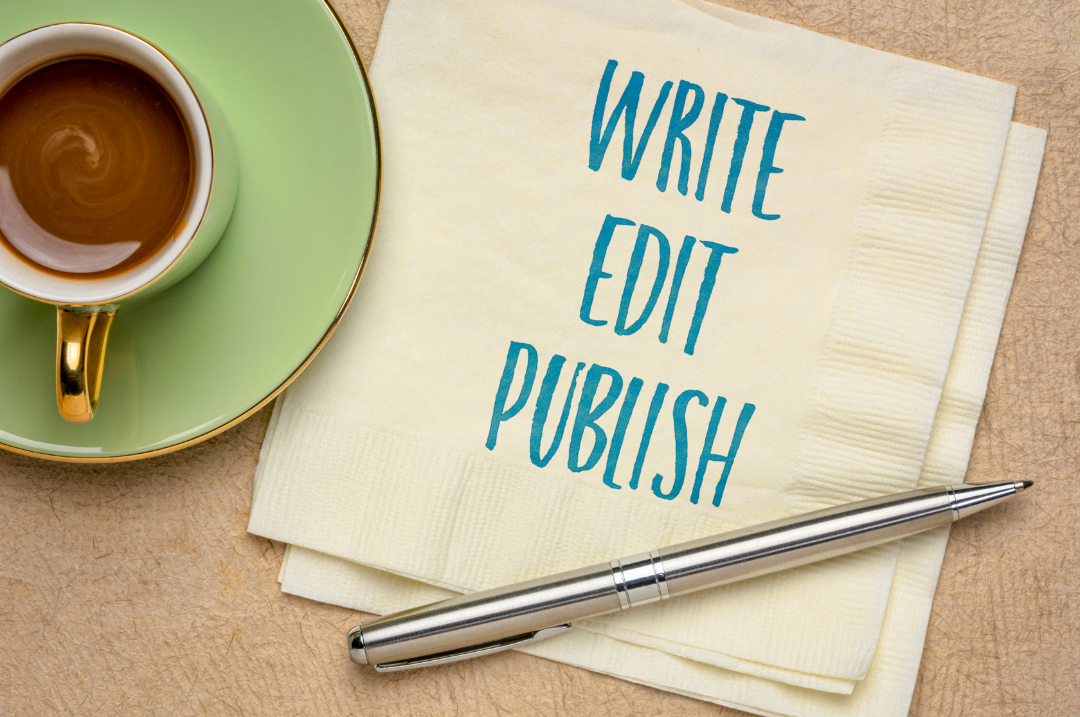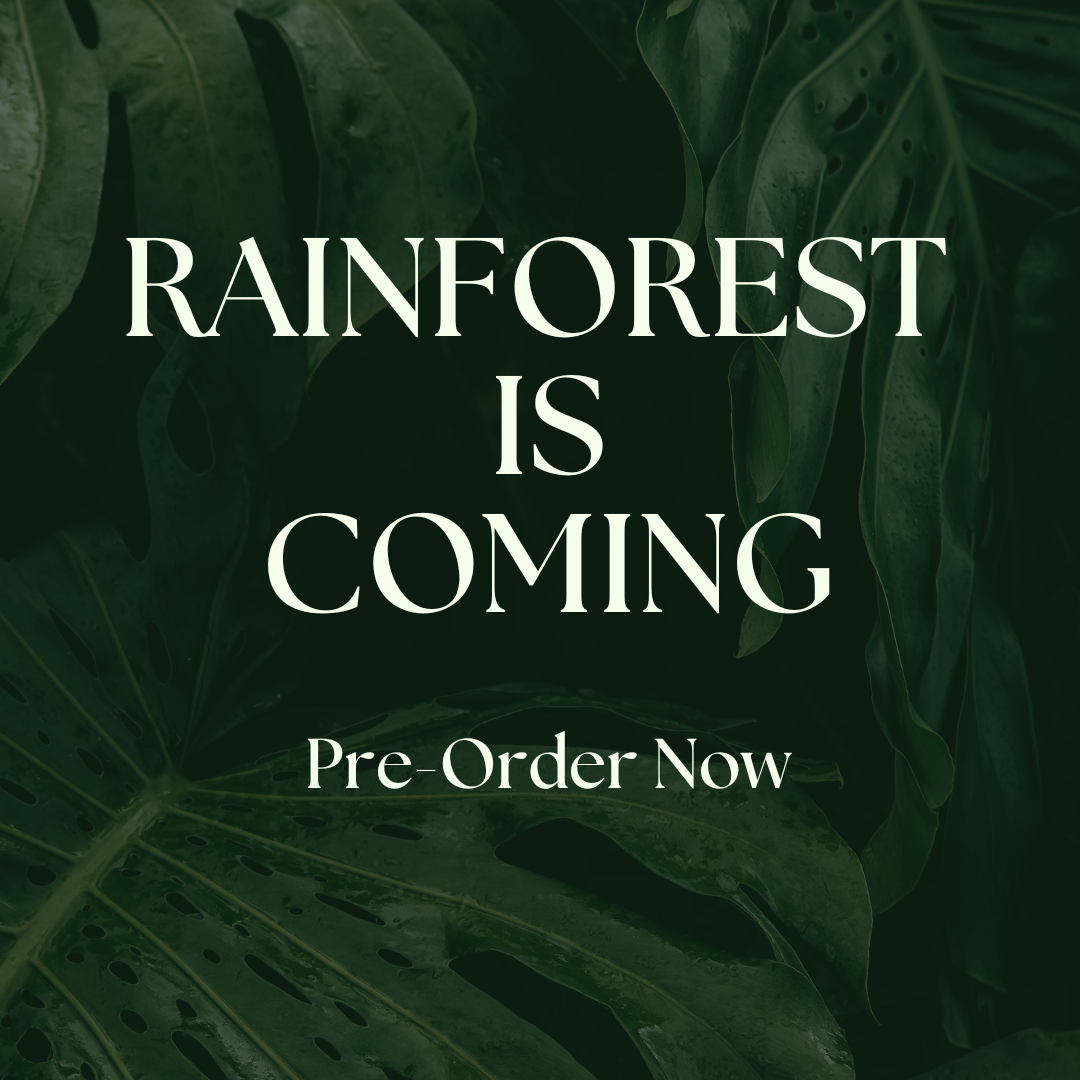On the Writing Process, Mrs Oliphant, and Reprints of Michelle’s earliest novels

Ryan writes…
Hi Michelle!! I am a writer from Edinburgh, Scotland! I first read your books back in secondary school in Dundee, where I was born and grew up, and I have loved them ever since. Nightly listening to Ian McKellen reading "Chronicles of Ancient Darkness" was one of the best thing in my adolescence. When I read your adult fiction, I fell in love with the characters. I loved "Wakenhyrst" and "Dark Matter" most, but when I heard that you are bringing out an Aztec inspired jungle thriller of the same vein as Dark Matter, you best believe I was in every way excited and preparing for the event. The announcement of a Michelle Paver book is a massive event in our household.
I have wanted to ask: what is your writing process? Do you handwrite a draft before typing, or are you exclusively a typist novelist? And what is is like writing in the house of a literary predecessor you've enjoyed the works of? I heard you live in the house of Margaret Oliphant, the writer of such great ghost stories as "The Open Door", "Old Lady Mary", and "A Beleaguered City"! That's remarkable in itself! Do you feel like her ghostly presence is looking over your shoulder sometimes when you're writing and telling you that this won't do, or that you're writing remarkably well for this project? It is funny as I am about to bring out, for my publishing course, a book of Mrs Oliphant's ghost stories with an introduction written by me, with Merchiston publishing.
I also want to ask: Will your earlier novels, "Without Charity", "A Place in the Hills", and the "Daughters of Eden" trilogy ever be reprinted? I remember finding copies of them in charity shops and loved them. They are remarkable novels that have stayed with me since I read them and I would love to see them restored to the book shops, since they are notoriously difficult to find. "Without Charity" and "The Shadow Catcher" were excellent novels. It is impossible to name a Paver novel I didn't like, they are so immersive and brilliantly written. But will they ever be brought out again, in paperback editions, perhaps with introductions or afterwards about how they came to be written or how you feel looking back on these books now, in what might be termed the writer's adolescence, now that you're firmly in the area of the writer's maturity?
I hope this makes sense and that you have a most wonderful 2025!!
Kindest Regards
Ryan Petrie
Hello, Ryan, thank you for such a lovely message. I got it after a rather exhausting and depressing day, and it completely cheered me up! You asked about my writing process, so here it is. By the time I’m ready to write part of a story, I’ve got such a mass of research notes, ideas for my characters, and plot plans that I first need to do some very rough, longhand notes on scrap paper about the part of the story I’m about to write. I ask myself such questions as: From whose point of view is this part written? What’s its “plot significance”, ie how does this bit advance the story? What actually happens? And (crucially) What are the characters feeling? This helps me focus, and often I’ll type up the answers into what I call a “mini-plan” for that section. After that, though, I can no longer put off my least favourite bit of writing: namely, facing the blank page and getting something down. I almost always do this by hand, as I feel it’s freer and messier, letting me scribble stuff down, cross out a whole page, and so on. Only then, when I’ve scrawled a scene or even a whole chapter, do I type it up. (I usually do this on the same day, as otherwise I might not be able to read my scribbles!) Then follows a day or two of polishing, after which I’ll print that section and move on to the next bit. After a few months of this, when I finally get to the end of the story, I can start what I call the re-write. This is my favourite bit, as by now I have a much better sense of what the characters and the story are about. Also, I have something on paper, which makes it much easier to see its many faults. The re-write can take many months, but it’s so much more fun than that blank page! So that is my writing process in a nutshell. Although I should stress that all this is only what works for me. Your own writing process may be entirely different – and that’s absolutely fine. The important thing is that it works for you!
Turning to Margaret Oliphant, you’re right, I live in the house where she spent the last year of her life, and where she died. I love her work, and on the day I moved in (well, shortly before midnight), I read her marvellous ghost story “The Open Door” as a homage to her. Before I began to read it, I said aloud, “Margaret, you’re still anthologised.” It just seemed that she’d like to know that, if she was still around. I should add, though, that I didn’t feel her presence then, nor have I ever done so in all the years that I’ve lived here – although it’s a wonderful house to write in. But then, I’m not someone who senses presences. Moreover, as she was exhausted by the time she died, I suspect that if anything of her did survive death, it was only too happy to leave. I do think about her quite often, though, and her works are part of my library; not only her ghost stories, but many of her Carlingford novels. So it’s great that you’re re-publishing her ghost stories!
Finally, you asked about my earliest novels, “Without Charity”, “A Place in the Hills”, and the “Daughters of Eden” trilogy. I’m so glad that you liked them, and there are indeed plans for them to be reissued, as ebooks, some time next year. When I know the publication dates, I will post them on my website.
Well, I’ve got to go now and do some more writing (from scratch, that blank page awaits!). Thank you again so much for getting in touch – and I do wish you all possible good luck with your own writing. With very best wishes, Michelle
Upcoming Live Events With Michelle
Incredible… Inspiring… In Person!
Oxford Literary Festival 2026
The Oxford Literary Festival takes place in venues across central Oxford, such as Blackwell's bookshop, the Bodleian Library, the Sheldonian Theatre, the Weston Library, and Oxford colleges such as Christ Church and Worcester College. The festival includes international authors, journalists, intellectuals, historians, and poets.


